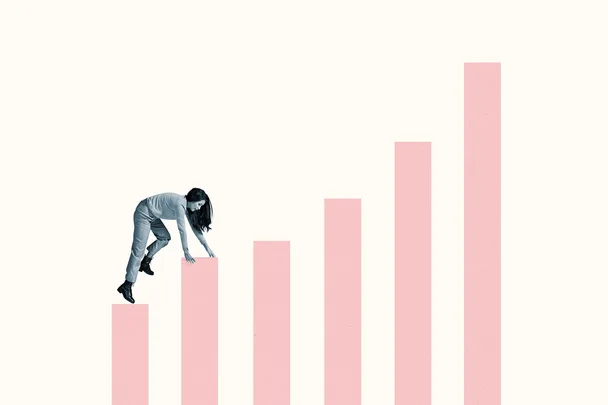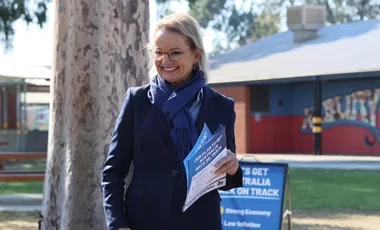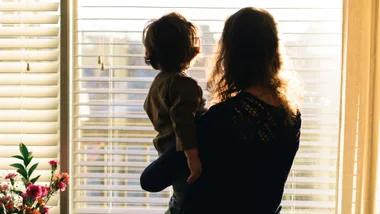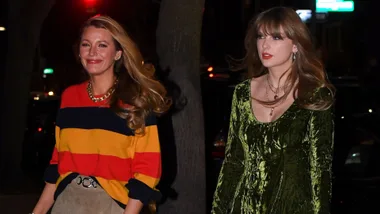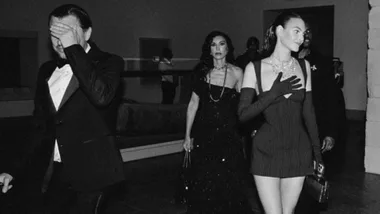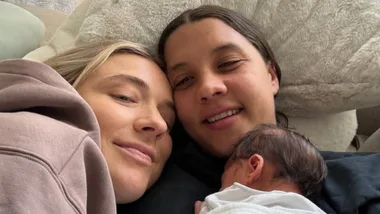There’s a lot to be grateful for in 2022.
Vaccines mean we’re making progress in the fight against COVID-19, those in charge are responding to calls for more climate action, politicians took a small first step formally apologising to victims of harassment and bullying, and conversations about mental health and wellbeing are being brought to the forefront.
But there is one area where Australia is still falling behind the rest of the world: gender equality, with the workforce—and society—still largely dominated by, and catered towards, men.
In the lead up to International Women’s Day, we’re shining a light on the areas where inequalities still exist for women … and what we can do to fix it.
The gender pay gap
The latest gender pay gap report (taken from 2020-2021) from Australia’s Workplace Gender Equality Agency found that women typically earn $7.72 for every $10 a man earns. And it all adds up—women typically earn about $25,000 less than men every year, with men twice as likely to earn more than $120,000 a year than women.

Even typically “feminised” industries—think healthcare, social services and education—have persistent gender pay gaps in favour of men. They’re also the least likely industries to undertake pay gap audits, with less than 40 per cent taking action to even the scales.
Women also take on more of life’s “mental load”, or emotional, unpaid labour. Research by the Australian Human Rights Commission found women spend twice as many hours each day than men doing unpaid care work—like raising children or offering support for an elderly parent or unwell loved one.
Women are paying more
Not only are women being paid less … but we are also paying more. It’s called the “pink tax”, and it means the prices of everyday items are often bumped up simply because they are being marketed to women.
Research conducted by AMP in 2019 found that, on average, women pay 29 per cent more for razors, 16 per cent more for body wash and 12 per cent more for underwear each and every time they shop.

That same year, comparison site finder.com.au found women are also more likely to pay more for services like dry cleaning, and even income protection. Add to that, women are largely ignored as a customer when it comes to products surrounding big financial choices—despite the fact they are responsible for up to 80 per cent of household buying decisions.
But there are companies that are leading the way and making positive change: like Stella Insurance. A female-first car insurance brand committed to rewriting the rules in a traditionally male-dominated industry.
Their products are specifically designed with women in mind—after all, they make up 52 per cent of all road users, and are statistically safer drivers. They’ve created a more intuitive experience, offer premium benefits, competitive pricing and rewards for being a safer driver. Beyond insurance, they have a vision to help balance the gender biases that exist for women in insurance and life at large.
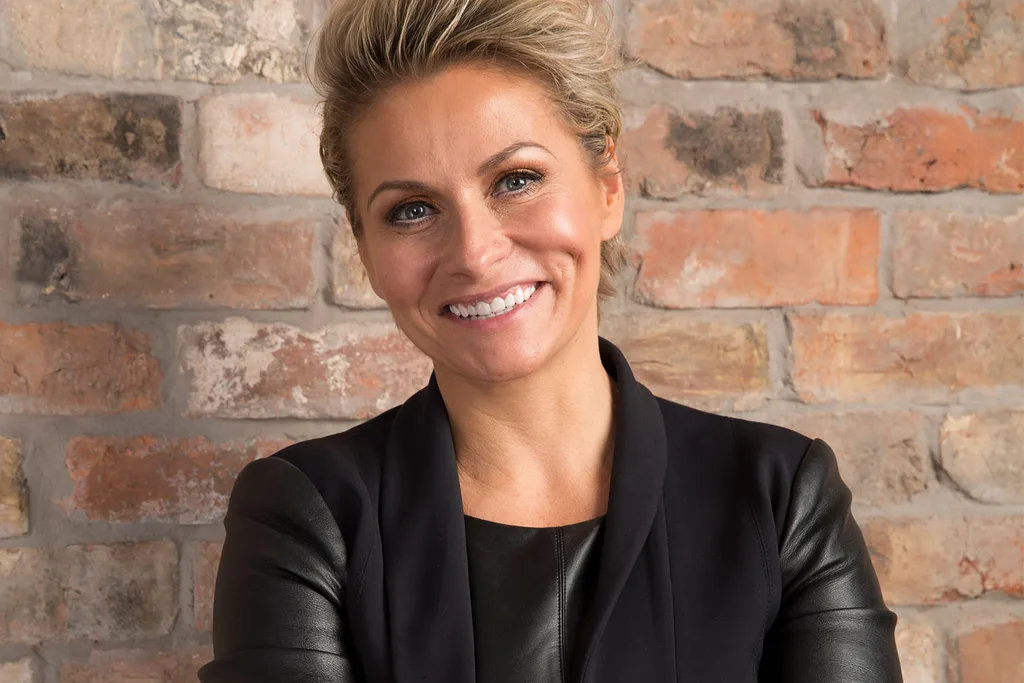
It starts from the top
Women are also consistently under-represented at the most senior levels of business. The 2021 Chief Executive Women Senior Executive Census found that only 18 of Australia’s top ASX300 companies have female CEOs. That’s just six per cent.
Not only that, but most roles with a direct pathway to the top job are held by men (86 per cent, in fact), with 181 of Australia’s top 300 companies having NO women in those roles at all. This, despite the evidence showing that diverse leadership teams (and in turn, diverse companies) perform better.
The report also predicted it will take another 65 years for women to make up 40 per cent of roles in executive leadership teams, so positive change can’t come soon enough.
What can we do about all of this?
The facts and figures can be overwhelming (and yes, disheartening) but there are some practical things we can do to make a difference.
Like making pay data from individual businesses public, so investors, employees and consumers can vote with their feet, time and voices.
Or continuing to challenge the idea of traditional gender roles—like women being primary caregivers—so the emotional labour scale can begin to balance out.
Even simply knowing the facts around gender inequalities plays a part. This International Women’s Day, we’re being encouraged to #BreakThe Bias. By imagining a world that’s more diverse, equitable and inclusive, and celebrating those who are making a difference, we can all help inspire positive change.
Sponsored by Stella Insurance.*
* Normal underwriting terms and conditions apply. Any advice provided is general only and has been prepared without taking into account your objectives, financial situation or needs and may not be right for you. To decide if this product is right for you, please read the Product Disclosure Statement (PDS) and the Target Market Determination (TMD) available at stellainsurance.com.au. Stella Underwriting Pty Ltd (ABN 72 633 811 319) is an Authorised Representative (AR 001282046) of Allstate Insurance Pty Ltd (ABN 82 073 267 053, AFSL 239010) which is acting (under its own AFSL) on behalf of the product issuer, QBE Insurance (Australia) Limited (ABN 78 003 191 035, AFSL 239545).
